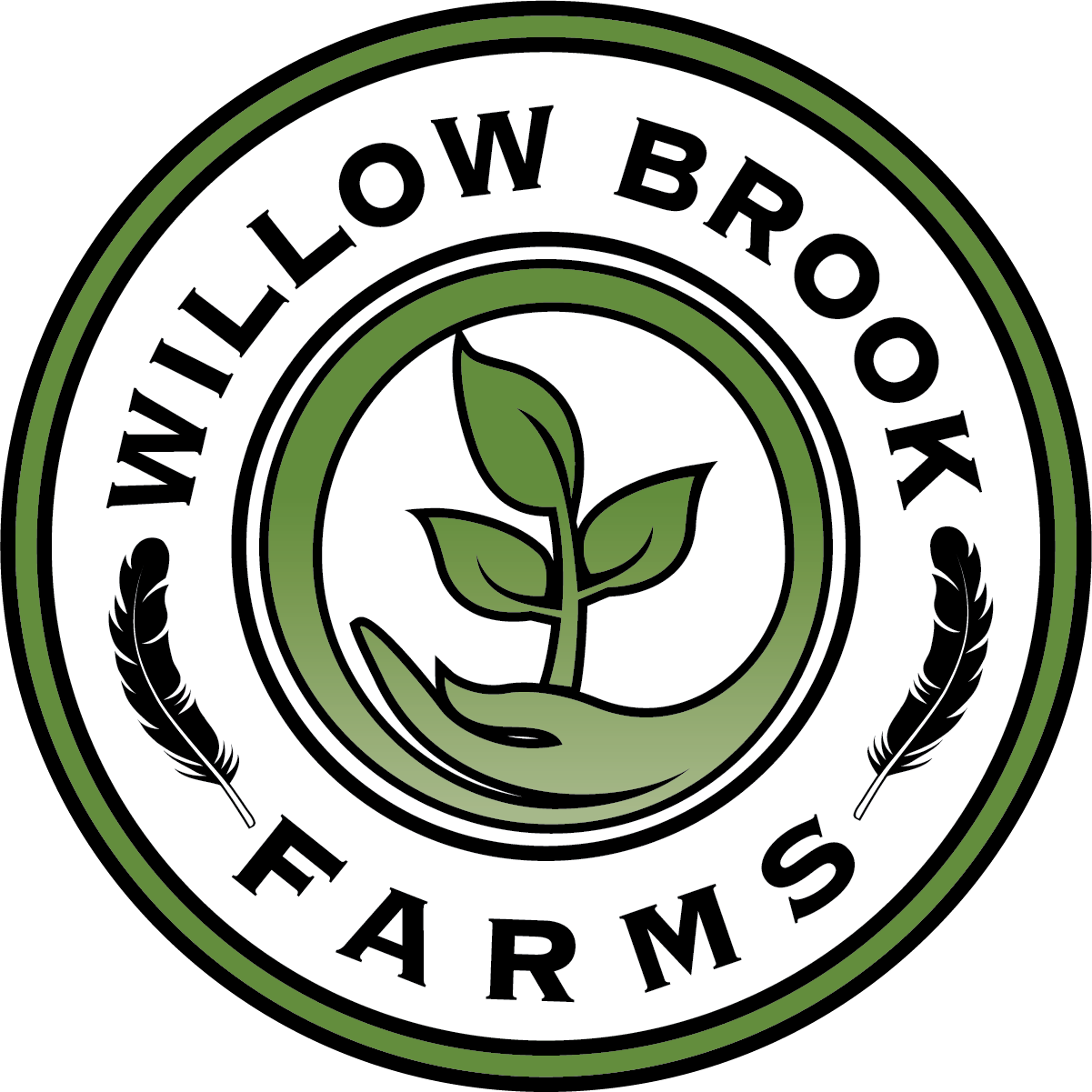Building the Future of Local Food Systems
Innovative food facility construction for resilient, self-sustaining communities.
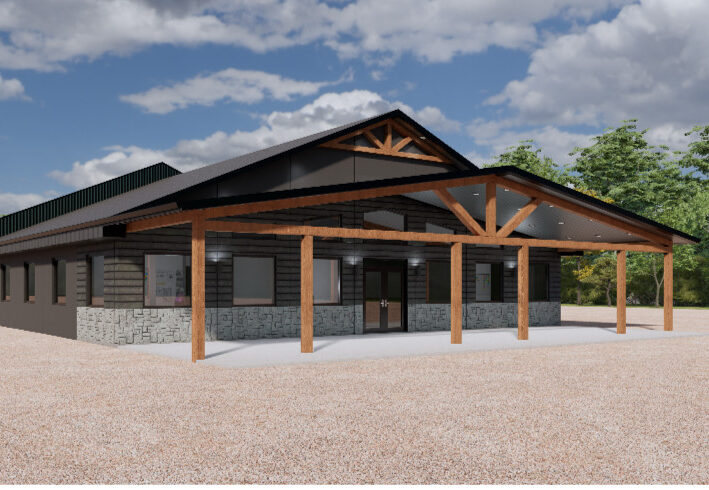
Laying the Foundation for Food Sovereignty
For Indigenous governments and community councils, investing in food facility construction is about more than just building physical infrastructure – it’s about creating resilient local economies, reducing reliance on external suppliers, and empowering communities to take control of their food systems.
At Willow Brook Farms, we specialize in designing and constructing food hubs, processing facilities, greenhouses, and community kitchens that support long-term food sovereignty. Our approach is built on collaboration, sustainability, and cultural respect, ensuring that each project reflects the unique needs and goals of the communities we serve.

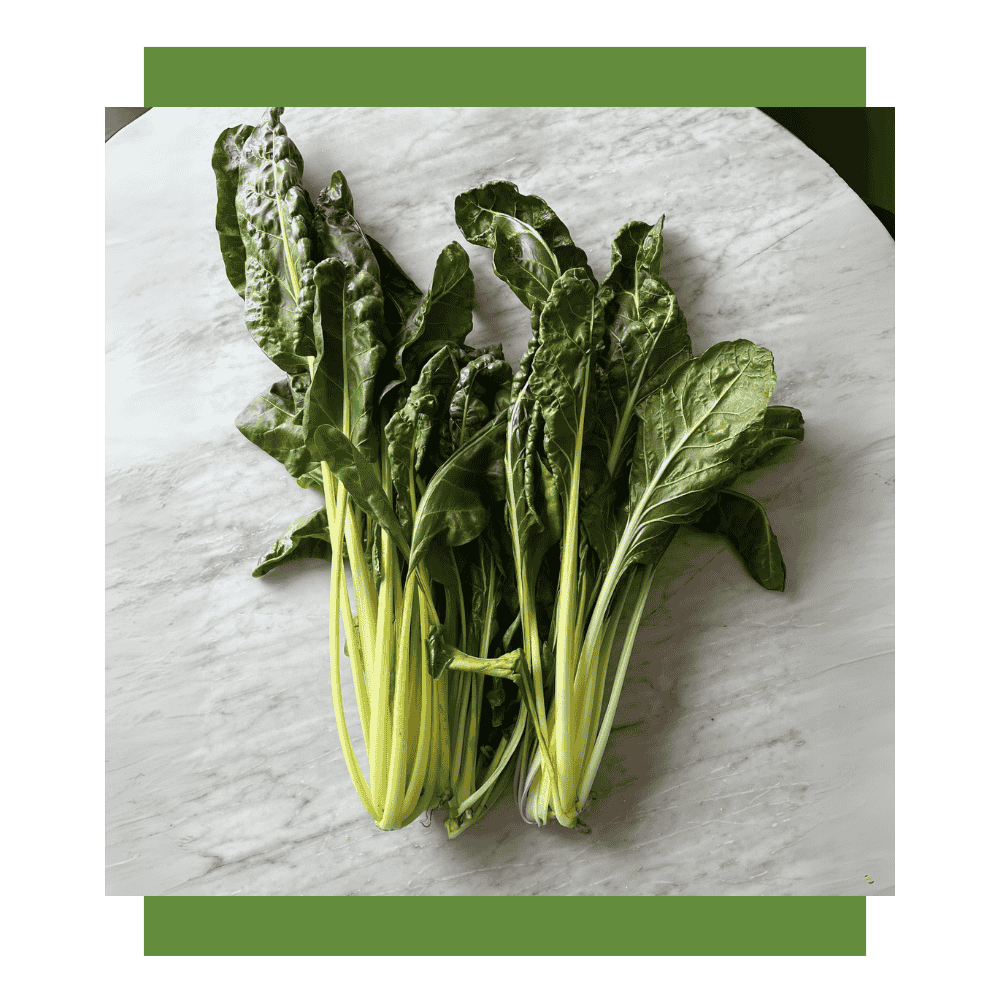
Why Choose Willow Brook Farms for Food Facility Construction?
1. Overcoming High Capital Investment Barriers
One of the most significant challenges for Indigenous communities is securing the funding needed to build and operate food facilities. The upfront costs for land acquisition, construction, equipment, and skilled labor can be prohibitive.
We address this challenge by offering cost-effective, scalable solutions that reduce initial capital requirements:
- Modular, Phased Construction – Build in stages as funding becomes available
- Grant Support and Partnership Development – Assistance in securing government grants, impact investments, and community partnerships
- Long-Term Cost Savings – Energy-efficient designs and sustainable systems that reduce operating costs over time
This approach ensures that each facility is financially sustainable, scalable, and aligned with long-term community goals.
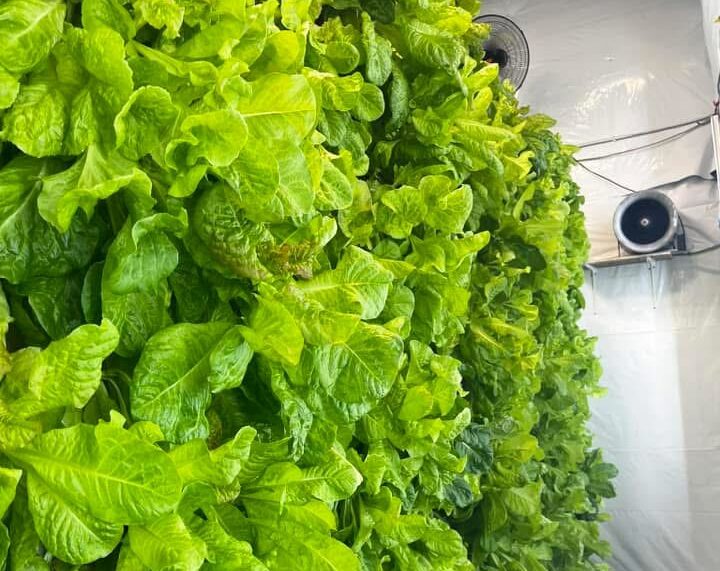
2. Simplifying Complex Regulatory Requirements
Building a food facility means navigating a complex web of regulations, from health and safety standards to environmental impact assessments. Many communities lack the legal expertise needed to comply with these requirements, which can delay projects and increase costs.
Our team provides end-to-end regulatory support, ensuring every project meets or exceeds all applicable standards:
- Regulatory Guidance – Expertise in Health Canada, CFIA, and local building codes
- Compliance Audits – Comprehensive reviews to identify and address potential regulatory gaps
- Custom Facility Design – Layouts and equipment that meet strict hygiene, safety, and operational standards
This comprehensive support reduces the risk of costly delays, fines, and operational shutdowns, allowing communities to focus on what matters – feeding their people.
3. Building Local Skills and Workforce Capacity
Access to skilled labor is a critical barrier for many remote and Indigenous communities. Without the right training, even the most well-funded facilities can struggle to operate efficiently.
- Local Hiring and Training Programs – Prioritize local talent to strengthen community economies
- On-Site and Online Training – Practical, hands-on programs to build local expertise in food processing, facility management, and equipment maintenance
- Leadership Development – Support for future facility managers, operations leaders, and community entrepreneurs
This investment in local capacity ensures that each facility is not only built for the community, but also run by the community, creating long-term employment and economic stability.
4. Prioritizing Sustainability and Environmental Stewardship
For many Indigenous communities, building a food facility is not just an economic decision – it’s a commitment to environmental stewardship and cultural preservation. Balancing modern food processing needs with traditional ecological knowledge requires careful planning and innovative design.
Our facilities are designed to minimize environmental impact while supporting long-term food security:
Energy-Efficient Systems
Use renewable energy sources like solar or wind power to reduce carbon footprints
Water Conservation
Closed-loop hydroponic systems that use 95% less water than traditional methods
Waste Reduction
Integrated composting, waste-to-energy systems, and sustainable packaging solutions
Culturally Appropriate Design
Facility layouts and processes that respect traditional practices and cultural values
This focus on sustainability not only reduces operating costs, but also aligns each project with the community’s long-term vision for environmental health and cultural resilience.
Supporting a Larger Movement – Lights On
When you choose Willow Brook Farms for your facility construction project, you’re not just investing in infrastructure – you’re joining a movement to reclaim food sovereignty, create jobs, and strengthen community resilience.
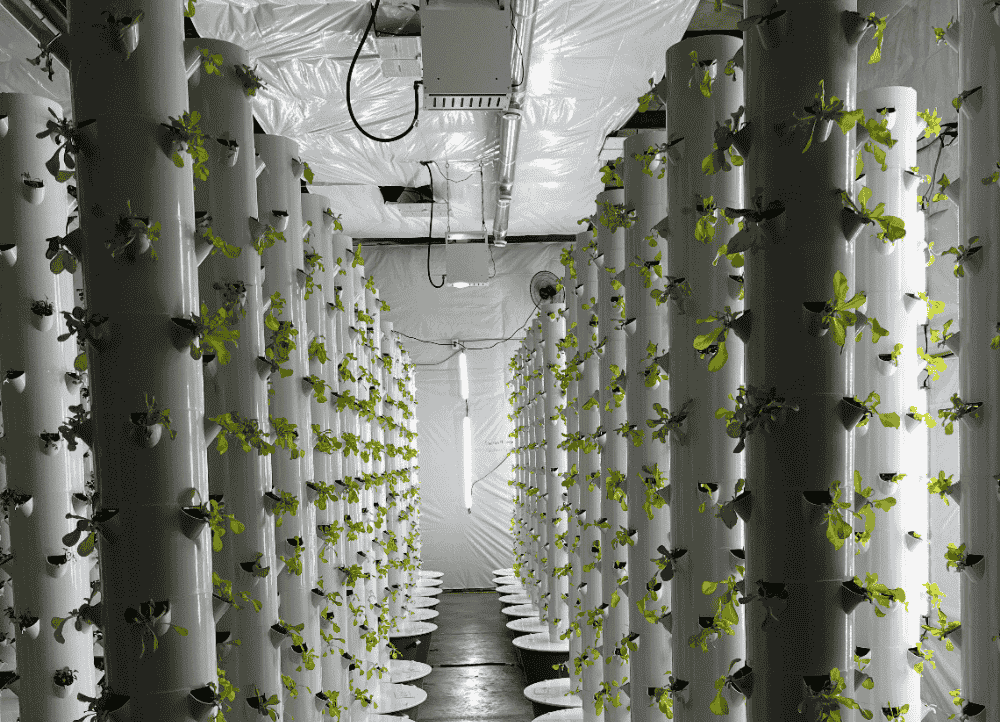
How the Lights On Movement Makes a Difference
- Economic Empowerment – Create jobs, reduce food costs, and build local economies
- Cultural Preservation – Support traditional practices and strengthen community connections
- Environmental Impact – Reduce carbon footprints and promote sustainable living
- Community Resilience – Build self-sustaining food systems that reduce dependency on external suppliers
Ready to Build? – Take the First Step
Ready to take control of your community’s food future? Partner with Willow Brook Farms to design, build, and operate world-class food facilities.
- Learn More About Our Facilities
- Schedule a Consultation
- Explore Funding and Partnership Opportunities
FAQs
How long does it take to build a food facility?
Timelines vary depending on project scope, but modular designs can reduce construction time significantly.
How do I secure funding for my project?
We provide guidance on grants, impact investments, and partnership opportunities to reduce upfront costs.
Are your facilities designed to work in extreme climates?
Yes. Our systems are built for year-round operation, even in harsh northern environments.

